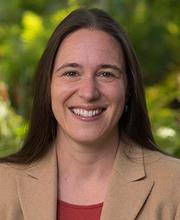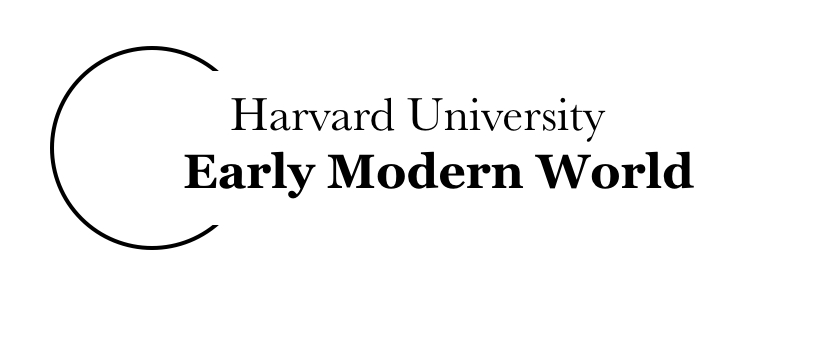Leah Whittington

- Region(s): Italy; England
- Time Period(s): 16th century; 17th century
-
Theme(s): Shakespeare; Milton; classical reception; NeoLatin literature; Renaissance
Leah Whittington joined the faculty at Harvard in fall 2012, following a year as a Mellon Postdoctoral Fellow at the Columbia Society of Fellows in the Humanities. Her research centers on early modern English Literature, the survival and reception of classical antiquity, England's interactions with the continental Renaissance, and the poetry of John Milton. After receiving her B.A. from Harvard in Classics and English (2002), she earned a Ph.D. from Princeton in Comparative Literature (2011), while also studying as a Visiting Postgraduate in English at Merton College, Oxford (2009-2010). Since 2012, she has been Associate Editor of the I Tatti Renaissance Library.
Her first book, Renaissance Suppliants: Poetry, Antiquity, Reconciliation (Oxford University Press, 2016), studies supplication as a social and literary event in the long European Renaissance, arguing that scenes of supplication are defining episodes in a literary tradition stretching back to Greco-Roman antiquity. Renaissance writers found in classical supplicatory scenes paradigmatic episodes for exploring fundamental questions of politics and religion, ethics and identity, sexuality and family, and they transformed the literary and social structures of the ancient past to suit the needs of the early modern present. By taking up different aspects of Renaissance supplicatory discourse in epic, lyric, and dramatic texts, the book shows how postures of humiliation and abjection become central for early modern writers thinking about problems of antagonism, difference, and hierarchy. Sustained considerations of Petrarch, Shakespeare, and Milton show how Renaissance poets invest gestures of self-abasement with unexpected power and dignity.
Her next project, Supplementing the Classics: Ancient Texts and Renaissance Continuations, examines the role of supplements and continuations in Renaissance literary culture, broadly defined as texts that announce themselves as adding to, carrying forward, or finishing other texts. It focuses on the relationship between literary continuations and other continuative practices in the Renaissance (textual criticism and editing, theories and practices of imitation, sculptural and architectural restoration) and the role of damaged or fragmentary works in spurring new artistic creations. In 2017-2018, she will be on research leave as a Radcliffe Alumnae Fellow at the Radcliffe Institute for Advanced Study.
